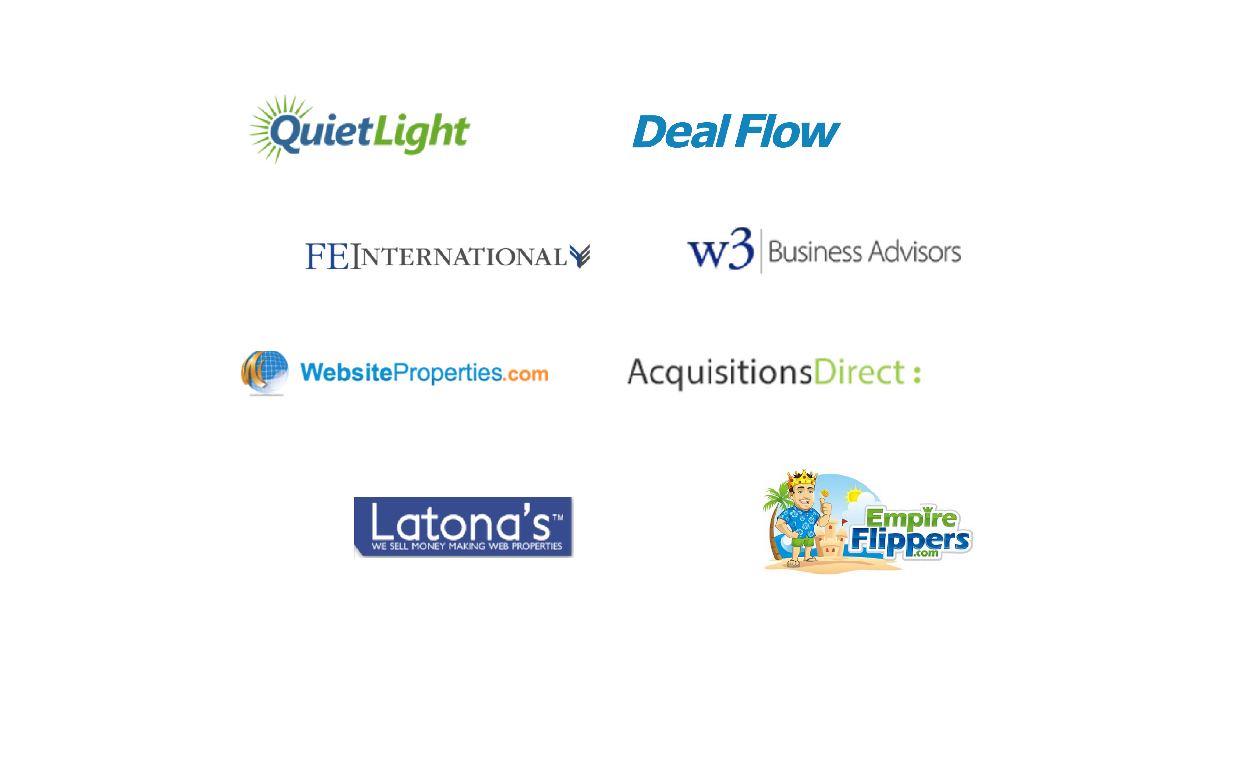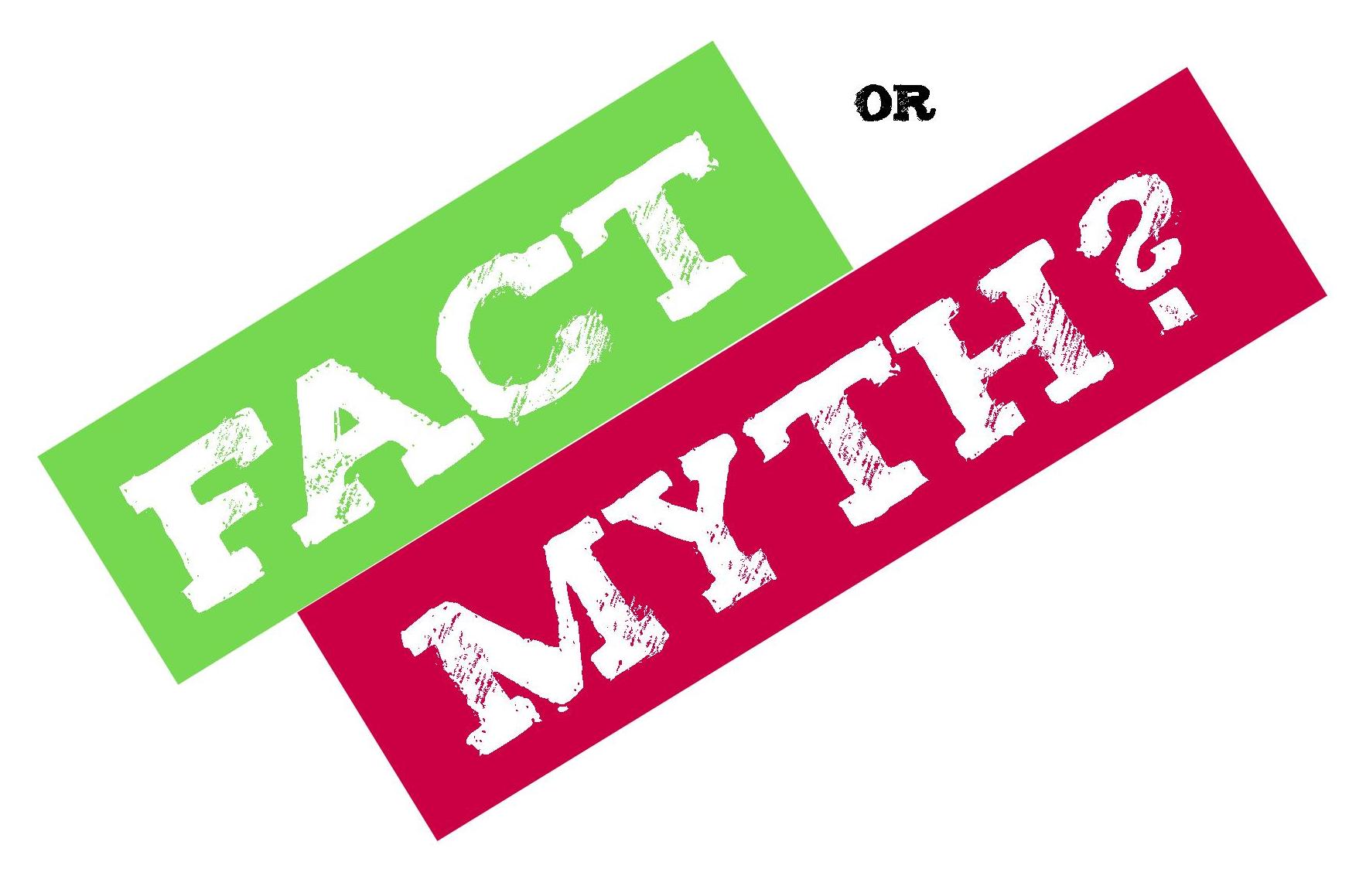Dirty Tricks that Website Brokers use to Milk You
The industry of Online Business Brokerage has come a long way over the last half a decade.
When I first started in the industry close to 5 years ago, there were only a handful players in the market and virtually no competition, whereas today there are more than 25 businesses and individuals that call themselves Website Brokers or Online Business Brokers.
Naturally, this has created a situation where brokers need to compete for business, and unfortunately, there are many out there that do so in less than ethical ways.
Let’s look at the 5 most common ways that website brokers tend to trick buyers and sellers alike in order to get their business.
Dirty Trick #1 – Over-Valuating Sites to Get Seller to Sign
Many sellers in the industry rely on their website broker to provide an accurate valuation of their business. And rightly so – at the end of the day, the broker who will sell your business is the most suitable person to tell you what they can potentially get you for it.
Unfortunately though, many brokerages (including even some big ones), use this to their advantage. Instead of providing you with a realistic valuation, they provide you with a valuation that is grossly higher than what your business is worth, in order to get you to sign with them. It’s only a few months into the 6-month exclusivity contract that you discover that this isn’t really the case, and the broker is now recommending you to accept an offer even lower than other brokerages have quoted you, with no way for you to escape because you’re already under exclusivity.
And it works! Imagine a situation where Broker A tells you that they can get $100,000 for your business but broker B reckons they can get you $200,000 at the same commission percentage. Which broker will you list your business with?
Precautions – Take all valuations provided by brokers with a pinch of salt, and beware of situations where you get a valuation done by several brokers, but one values your site much higher than everybody else. If it looks like a duck, swims like a duck and quacks like a duck, then …….
Dirty Trick #2 – Sending out Unsolicited Emails, Pretending They Have a Buyer
Over the last couple of years I’ve had a number of buyers forward me an email sent to them by a particular (fairly well-established and large) brokerage, that goes like something along these lines:
Hi there, We’re such and such website brokerage and we have a client that wishes to acquire your website www.xyz.com. Would you be up for a quick phone call to discuss further? Kind Regards, [signature]Jackpot, right?
Not really.
This particular website broker sends out such emails on ongoing basis, to random site owners.
I can only guess that it isn’t completely random. They probably look at the Alexa rank of each “target” to determine whether the site’s owner is “worthy” of an email or not. And the whole thing is likely automated, at least to an extent. But I can assure you – there’s never a buyer lined up.
I’ve even been sent a few of those emails myself – to email addresses that I’ve only used in the WHOIS data of the domain names (this is where they’re scraping their info from), and for sites that I can tell with a 110% certainty no buyer would be interested in buying. Would you be keen to buy BryanOneil.com off of me? 😉
As you may imagine, if you do get in touch with the broker in question and agree to list with them, then the buyer that they had lined up for your business suddenly disappears for one reason or another. But wait – there are good news – the broker in question is happily willing to list your site for sale and promote it to the rest of their buyers. Good stuff, right?
Precautions – When you get such an email, don’t rush into signing a binding agreement with the broker who sent it. If you do decide to sell your business then do your research first and go with the best option, rather than the one that sent you some spam.
Dirty Trick #3 – Demanding a Long Exclusivity Period
Most website brokers (and bricks & mortar business brokers alike) require sellers to sign an exclusivity clause with them. An exclusivity means that within a set period of time – usually 1 – 6 months – you’re only allowed to use this particular broker to sell your business. Should you decide to sell your business through another broker or directly, you would still owe the broker that you’ve signed with their commission.
This is completely understandable. After all, it takes a broker significant effort to prepare all marketing materials for your business and with no retainers or upfront fees, brokers want to be sure that they will get paid for it.
Some brokers, however, demand extremely long exclusivity periods – up to 6 months in some cases – which for the majority of sub-$250k sites sold through a majority of brokerages is completely unreasonable.
Why, you ask? Because it shows you that the broker in question isn’t confident about having a buyer for your business. The vast majority of brokers ONLY market their listings to their existing list of buyers/investors, without doing any external outreach. This means that you can expect the vast majority of enquiries to come through within a couple of weeks of your listing going live. Anything beyond that means that your listing will only be visible to those buyers who find it organically on the broker’s site – and in most cases, that’s not many.
Precautions – Signing exclusivity for 30-90 days is a norm, but beware of any brokers that require a longer exclusivity period, as you may end up committing yourself to a particular broker for half a year while another broker may have a client for you standing by.
Dirty Trick #4 – Demanding the use of Themselves as an Escrow Agent
By far the most dangerous development that I’ve noticed in the industry over the last year or so is more and more brokers moving towards providing their own escrow services.
Escrow is an extremely important part of any online acquisition. After all, this is what protects the buyer, should something go wrong with the transaction, and the seller from losing their property to a fraudulent buyer who never intends to pay for it.
Note that there’s nothing seriously wrong with a website broker providing escrow services in general. The major issue is brokers doing so without having the necessary permits, without keeping the escrow funds in a segregated bank account and without signing the necessary paperwork with you.
Needless to say, this is an EXTREMELY dangerous situation to put yourself in (as a buyer or a seller), as not only are your funds not safe should anything happen with the brokerage in question, but you’re also trusting your funds to a party that directly benefits from the funds in question being released to the seller (as opposed to refunding them to you in case of a dispute), as that’s when they get paid their commission.
Precautions – Personally, I always recommend buyers and sellers to use an independent, third party escrow service, such as Escrow.com, Agreed.com and others. If you must use your broker for escrow, then make sure that they have the necessary permits, that they keep their escrow funds in a segregate account and most importantly – that there is a 3-way Escrow Agreement in place that clearly defines what happens in case of a dispute.
Dirty Trick #5 – Completing Due Diligence on Behalf of the Buyer
Last but not least, another recent development that has left me with mixed feelings is some brokers claiming to perform due diligence on behalf of their buyers.
It’s of course in a broker’s best interest to close deals as quickly as possible, and to ensure that as many of their listed properties as possible do get sold. With the due diligence period being arguably the most time consuming part of the brokerage process, as well as one in which deals often fall through, many brokers have resorted to providing due diligence services themselves.
This can be for a variety of reasons, and I’m sure most brokers that do that don’t have anything malicious in mind, but rather want to ensure a quick and efficient due diligence process, but even then it’s a terrible idea, and something that should never happen. This is for two primary reasons:
Firstly, there’s a clear conflict of interest, meaning that whenever there’s a doubt and a subjective opinion is needed, it’s in the broker’s best interest to lean towards the outcome that makes the site look good, rather than the one that doesn’t. Bear in mind that brokers ALWAYS work for sellers and ONLY get paid upon a successful transaction, regardless of what they may claim. That’s unless you’re dealing with a buy-side broker who charges you a fixed fee that isn’t dependent on a successful acquisition.
Secondly, whilst I’m sure there are some brokers who possess the knowledge and tools required to perform proper due diligence, brokers are still essentially salesmen, not due diligence analysts. Similarly to how you wouldn’t trust your secretary to do your company’s accounting or your sales executive to represent you in a court case, you shouldn’t trust your broker with due diligence assessments that can cost you hundreds of thousands of dollars.
Note that some brokers perform initial due diligence assessments prior to listing anything for sale, but still encourage buyers to complete their own due diligence prior to any acquisition. This, of course, is absolutely welcome and definitely necessary, as it effectively increases the broker’s average listing quality and saves buyers time that they would otherwise spend on going through sub-par listings. But make sure not to confuse those initial assessments with actual due diligence.
Naturally, there will also be situations where the broker knows the seller personally or in some cases, that broker is selling one of their own personal assets. In this situation, you should certainly insist on an independent assessment of what is being sold. For example, I’m personally involved as an advisor to Deal Flow – Flippa.com’s Premium Brokerage Service as well as an active member and a co-founder of Centurica, an independent Due Diligence Agency. Needless to say, I’m never involved in the Due Diligence process for any businesses listed by Deal Flow for the reasons outlined above.
Precautions – Never allow your broker to perform due diligence on your behalf. If you don’t have the time or the expertise to perform proper due diligence yourself, look for independent external help.
Conclusion
Some people have long said that the industry of online brokerage is a weird one due to the lack of any regulation, meaning that anybody can open up their shop and start calling themselves a qualified broker, without having to prove their abilities and track record to anyone.
Perhaps regulation is one way to solve it, but it’s likely going to take a long time until this happens, and it will never happen to a full extent due to the international nature of the business. In the meantime – the best you can do as a buyer or a seller is stay informed and avoid falling for the various traps set by business brokers.
Let us know in the comments about your own experience with brokers, and whether I’ve missed any popular dirty tricks or perhaps been unfair towards brokers?









Pingback: Why one $200k Online Business is a Better Acquisition than ten $20k ones | Bryan O'Neil - Website Acquisitions Entrepreneur and Consultant()
Pingback: Unbiased Website Broker Reviews | Bryan O'Neil | Bryan O'Neil - Website Acquisitions Entrepreneur and Consultant()
Pingback: FBA Valuation Mistake That Even Experts Often Make - The FBA Guys()